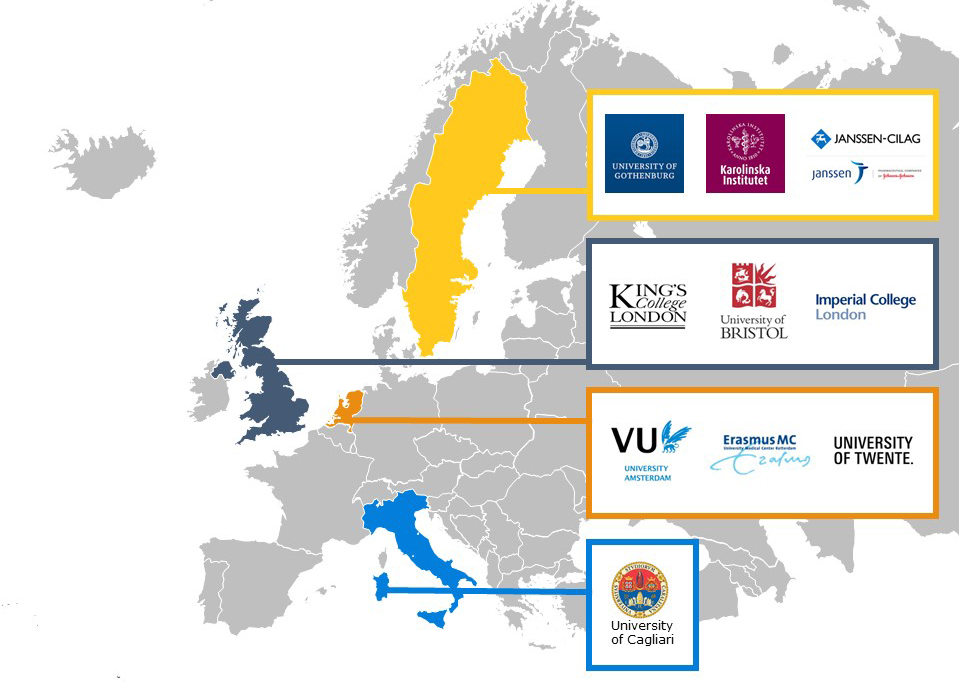This article contains the abstract of the second talk "Genomic prediction of cognitive traits in childhood and adolescence", given by Andrea Giuseppe Allegrini, ESR in the CAPICE project, at 2018 BGA annual meeting, that took place in BOSTON, Massachusetts, USA, (June 21, 2018, 14:45). Here the agenda of the event is available.
Abstract of the talk:
Allegrini A.G.1, Selzam S. 1, Rimfeld K.1, von Stumm, S. 2 , Plomin R.1
1 King’s College London, Social, Genetic and Developmental Psychiatry Centre
2 London School of Economics and Political Science, Department of Psychological and Behavioural Science
Methodological advances in the flourishing field of polygenic epidemiology, coupled with constantly increasing sample sizes in genome-wide association studies (GWAS), call for a practical application of current state-of-the-art methodologies to complex trait prediction.
Here we set out to test the extent to which we can maximize prediction accuracy of cognitive and educationally relevant traits in a sample of 7,026 individuals representative of the UK population. We are developing our prediction models in the Twin Early Development Study (TEDS), a large longitudinal study involving 16,810 pairs of twins born in England and Wales between 1994-1996, with DNA data available for 10,346 samples (including 3,320 dizygotic twin pairs and 7,026 unrelated individuals). Our current analyses focus on a TEDS subsample with genome-wide genotyping and measures of general cognitive ability (g) and educational achievement at ages 12 and 16.
As a first step, we tested associations between g and educational achievement vs polygenic scores constructed using the latest GWAS summary statistics of g (IQ3: Savage et al., 2018) and educational achievement (EA3: Lee et al., 2018). IQ3 predicted up to 4% of the variance in g at age 12 (N = 3,271) and 5% at age 16 (N = 1,923). EA3 predicted 5.6% of the variance in educational achievement at age 12 (N = 2,587) and 12.6% at age 16 (N = 4,922).
These results set the lower bound for polygenic score prediction of cognitive related traits and serve as a benchmark against which we compare different prediction models. We are building our models by leveraging several large publicly available GWAS summary statistics and testing different multivariate GWAS methods and polygenic score approaches with the aim of maximizing variance predicted in g and educational achievement. We will report on the most predictive combination of modelling approaches to trait prediction.












